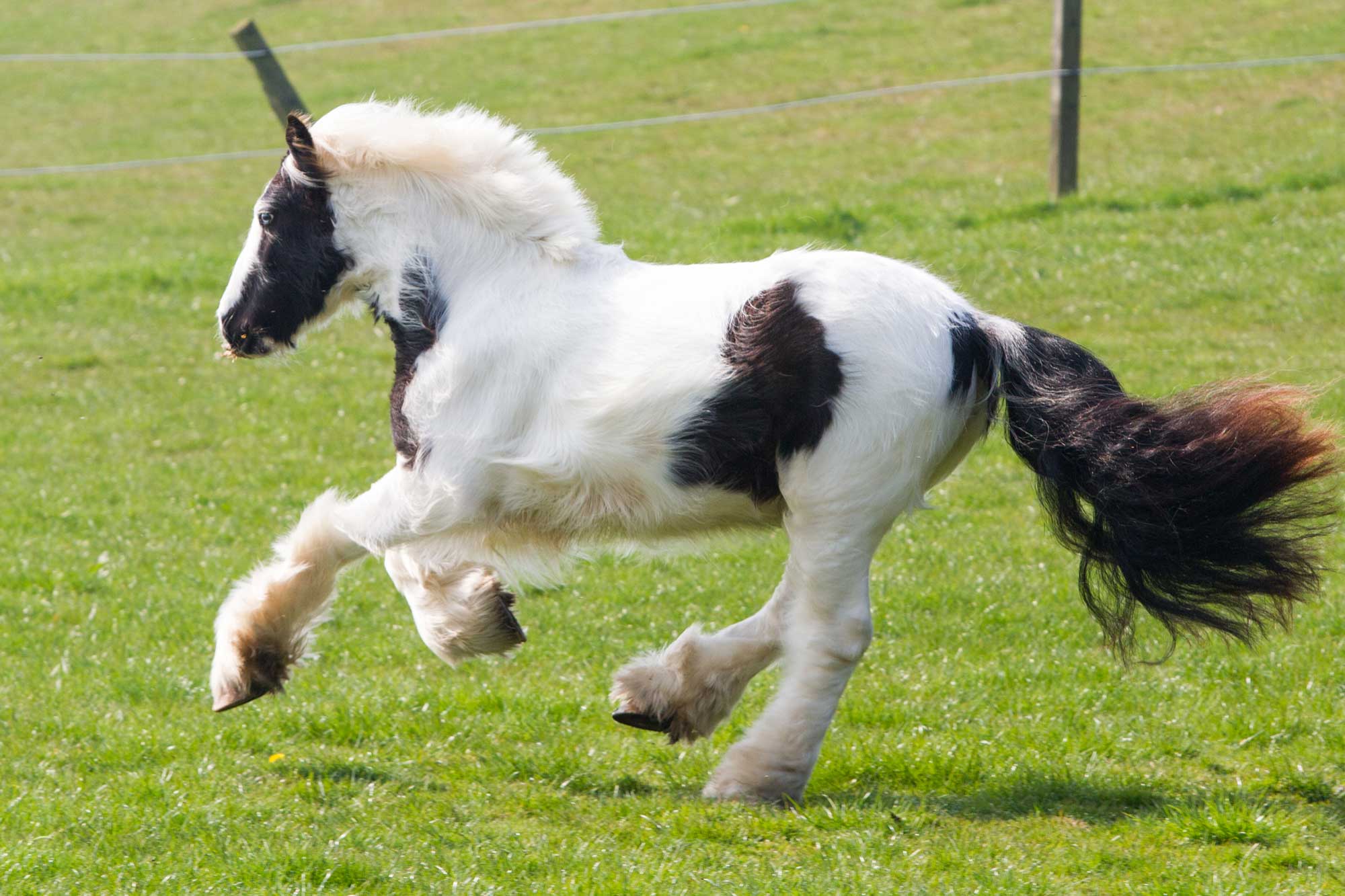Heatstroke occurs when the horse’s internal body temperature becomes too high and can be fatal particularly if the horse is dehydrated or lacking electrolytes. It is important that you take all precautions to avoid heatstroke occurring.
The key with heatstroke is spotting the signs early and whilst these vary from horse to horse, they can include;
- Excessive sweating
- Heavy rapid breathing
- Elevated heart and respiratory rate
- Altered behaviour which can progress from dull/listless to panicky or manic as the condition becomes more serious.
Individual horses cope differently with hot or humid weather conditions. It is important to know what is normal for your horse so that you can spot any changes as soon as they occur.
If you suspect that your horse is suffering from heatstroke, you should stop exercise immediately, call your vet and cool the horse as quickly as possible using cold water. In the unlikely event that the horse collapses, maintain the cooling from a safe position until veterinary help arrives.
Things to consider
-
- Horses can become acclimatised to working in hot conditions by careful exposure to gradually increasing periods of exercise in the heat.
-
- If your horse has not been acclimatised, or the weather suddenly becomes very hot, try to avoid prolonged or intense periods of exercise in hot conditions and avoid exercise during the hottest times of the day.
-
- Increased humidity will reduce the horse’s ability to lose heat through sweating, so conditions of high temperature combined with high humidity can make heat stress more likely to occur.
-
- Finish your exercise session with walking to begin the cooling process.
-
- When back at the yard or water point, remove all tack as quickly as possible and then wet the whole horse with copious quantities of cold water.
-
- As cold water is continuously applied it will displace the water that warms up on the horse’s skin so that scraping off in between applications of water is not necessary.
-
- Do not apply wet towels or cooler rugs during the cooling process.
-
- Ensure that your horse always has free access to water.
-
- Provide a high quality electrolyte supplement after exercise to aid rehydration. This can be added to water or feed.
-
- They may need time to accept electrolyte water so offer plain water as well.
-
- Utilise any shade that may be available.
-
- Avoid rugging your horse.
-
- If your horse has a particularly thick coat or if you exercise them strenuously during hot weather, then consider clipping them to help them regulate their body temperature.
-
- Lean horses adapt better to hot conditions and lose heat more effectively, overweight horses are more at risk of heatstroke so take extra care with them.
-
- Trailers and horseboxes can become very hot inside so try to avoid travelling your horse in hot weather conditions.
-
- If you do have to travel, ensure you have plenty of water on board and ventilate the vehicle as best you can.
-
- Park the vehicle in the shade before loading to reduce loading temperature.
-
- You may wish to consider travelling at night if the temperature is lower.
-
- Horses lose significant amounts of water when travelling in hot weather especially; around 2-3 kg / hour of transport.
-
- If you have a long journey, it is essential to allow the horse at least 24-48 hours to recover before exercising strenuously.
Hydration guidelines for equines

More information on providing water when transporting animals can be found in our downloadable guide.
Popular advice in Health

Mites: how to treat them in horses
Find out how our experienced teams tackle this itchy problem in affected horses and ponies.

Sweet itch
Sweet itch is one of the most common allergic skin diseases affecting horses in the UK - learn how to prevent and manage it.
Other advice categories
All webinar categories:
Call our Advice Line
+44 (0)1953 497 238Not found the advice or answer you were looking for here? Then our Advice Line is available during office hours, or you can email us on education@worldhorsewelfare.org to let us know what topics you were looking for.


